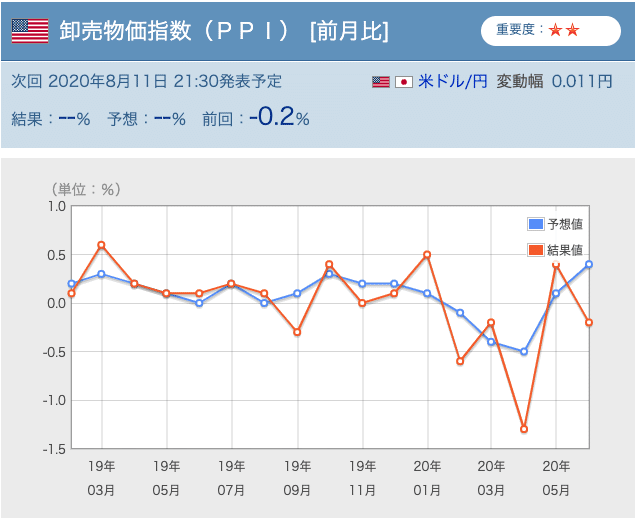
7月13日(月)マーケット情報



The Bloomberg Open Asia Edition
Trump dismissed prospects for a phase two China trade deal, due to "severely damaged" ties with Beijing. "I don't think about that," the president said on Air Force One, reflecting on escalating tensions over the pandemic, Hong Kong and Asia-Pacific military maneuvering. In a sign of those strains, the administration plans to make an announcement this week related to Chinese drills in contested waters in the South China Sea, people familiar said. Asian equity futures are nonetheless pointing toward a higher open after U.S. stocks finished the week in the green.
Almost 600,000 people turned out for Hong Kong's pro-democracy opposition primaries, more than three times the number organizers anticipated. While police didn't directly interfere with polling, a senior local official again suggested that the event may be somehow illegal, possibly setting the stage for barring participating candidates from the September legislative election.
OPEC+ is leaning toward gradually easing oil output cuts in August as demand recovers, delegates said. The JMMC meets midweek to mull whether to keep curbs of 9.6 million barrels a day or taper to 7.7 million as planned. The challenge will be avoiding a "taper tantrum" like the Fed faced when it proposed tightening monetary policy in 2013. Increasing output at a time when a second wave of the pandemic threatens demand is also a risk. In Libya, the oil industry was thrown into confusion after military commander Khalifa Haftar said he'd continue to block ports and fields.
Florida on Sunday posted the biggest one-day rise in cases since the coronavirus pandemic began in the U.S., reporting 15,300 new infections. South Carolina and Texas set new marks a day earlier, while New York's rate remained steady. A vaccine may be two years away, if one is ever found, and low levels of infection may become a part of life, Australia's deputy chief medical officer warned, and most students in Melbourne will return to remote learning. Japan's virus czar said the country needs to be on high alert, and new cases were reported in Hong Kong following weeks of near-normal activity.
Singapore's ruling party kept its grip on power but suffered its weakest performance in 55 years in office since independence. PM Lee Hsien Loong's People's Action Party won 83 of the 93 seats up for grabs, while the Workers' Party grabbed a record high 10 seats—enough to make its chief, Pritam Singh, the city-state's first-ever official opposition leader.
Wuhan's uneven recovery three months after reopening its economy offers a glimpse of the hard road back to normality for cities after containing the coronavirus. As of May, factory output, retail sales and exports in the city were nowhere near the same level as last year. That’s even though some factories worked throughout the lockdown and normal activity had resumed by April. Private consumption continued to lag factory production, mirroring the divergence seen across China.

